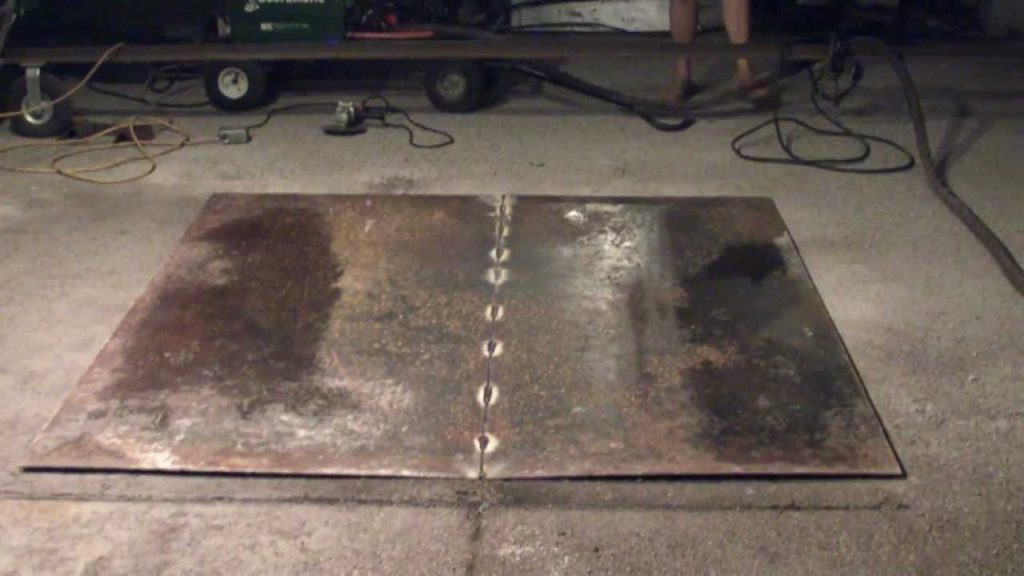Moving Your Welding Career Forward

Welding is a profession into which a lot of people fall into by accident. Obviously there are many welders out there who decided, probably early in their working life, that they wanted to be a welder or involved in the welding industry. However, there are probably more who got into welding by accident or through necessity.
Those following a defined career path are likely to have gone to college. If not college, that have probably served an apprenticeship or maybe done both.
On the other hand, those who have fallen into welding by accident are probably largely self-taught. Some may have taken evening class to help develop and improve their skills. Being self taught doesn’t necessarily mean they are poor welders. Indeed a lot of the welders who fall into this group have become exceeding proficient, many highly skilled.
If however, they wanted take advantage of their welding skills in the wider marketplace they are likely to find hurdles to overcome. Often potential employers, contractors or businesses want to see some form of certification before they are willing to take them on. All is not lost as there a several avenues a self taught welder can take to gain industry accepted certification.
Gain Certification
The best way to overcome this is is, as the American Welding Society recommend:
“One of the best ways to advance your welding career is by earning a specialised certification. This opens up opportunities for more money, leadership roles and higher-level career challenges. AWS offers nine different certification categories, from inspectors, supervisors and educators to radiographic interpreters, welding engineers and fabricators” Read More
Obtaining certification can have a hugely positive impact on your welding career, opening the door to many jobs that would otherwise be closed without.
There are of course various options available when looking to obtain certification. These range from basic certification through to fully fledge welding degrees. As Lincoln Electric argue:
“the welding profession is maturing, with many employers requiring more exposure to robotic automation, advanced equipment, exotic materials, specialised code certification, theory, welding procedure specifications and more. With advances and specialisation, there is a growing need for welders who understand more than how to hold a torch and join metal.” Read more
Probably, the most easily accessible are from organisations such as the American Welding Society . Available throughout North America and indeed internationally they are both convenient and highly regarded. The range of certification is quite extensive with accreditation available from basic certification to more advanced welding such as robotic arc welding. There are also specialist online career education specialists such as Fortis.edu, who through their network of colleges and institutions, offer easily available courses.
As welding becomes more and more sophisticated the need to up to date with developing technologies becomes all the more important. Institutions such as the Ohio State University offer a Welding and Engineering course. In addition, they offer various distance learning courses including a Masters Level course as they point out:
“Welding engineering graduate students are employed by a wide range of industries, universities, national laboratories and independent research organisations. Industrial opportunities include power companies, nuclear power plant design and construction, aerospace, automotive, appliance, consumer items, and much more. Due to the uniqueness of the program, welding engineering graduates are highly sought after, both nationally and internationally” Read More
If you are interested in the welding equipment then there are further options available. Some of the biggest welding machinery manufacturers offer Service School certification courses from basic repair courses through to Robotic Service Shop certification.
Which path you follow will very much depend on where you see your welding career progressing to and your current circumstances.
Field vs Classroom
There is an argument that welding is not only a profession but also a craft and that the best learning comes out in the field. As with most professions, there is a lot of truth in this. However, from a career perspective “experience” is likely to no longer be enough to push you up the ladder and get you where you want to go. Certification, therefore, can bridge that gap between know-how and job prospects. If you have both formal training and the requisite certification on your resume, you are going to look far more like the ideal candidate to potential employers. If nothing more it is likely to get you to a point in the job application process where you will get the chance to showcase your skill set in a practical environment. As Fortis argue:
“If you have your welding certification, you will find that you can often pursue opportunities in areas that offer highly competitive pay scales. This can be a big step to improve the quality of life for you and your family. As mentioned, employers want to hire those with certificates because they are typically going to do a better job.” Read More
Over to you!

I’ve been involved in the welding industry for over twenty years. I trained in various engineering shops working on various projects from small fabrication and repairs through to industrial projects.I specialize in welding aluminum and food grade stainless steel and an now run an engineering shop fabricating equipment for the food industry.